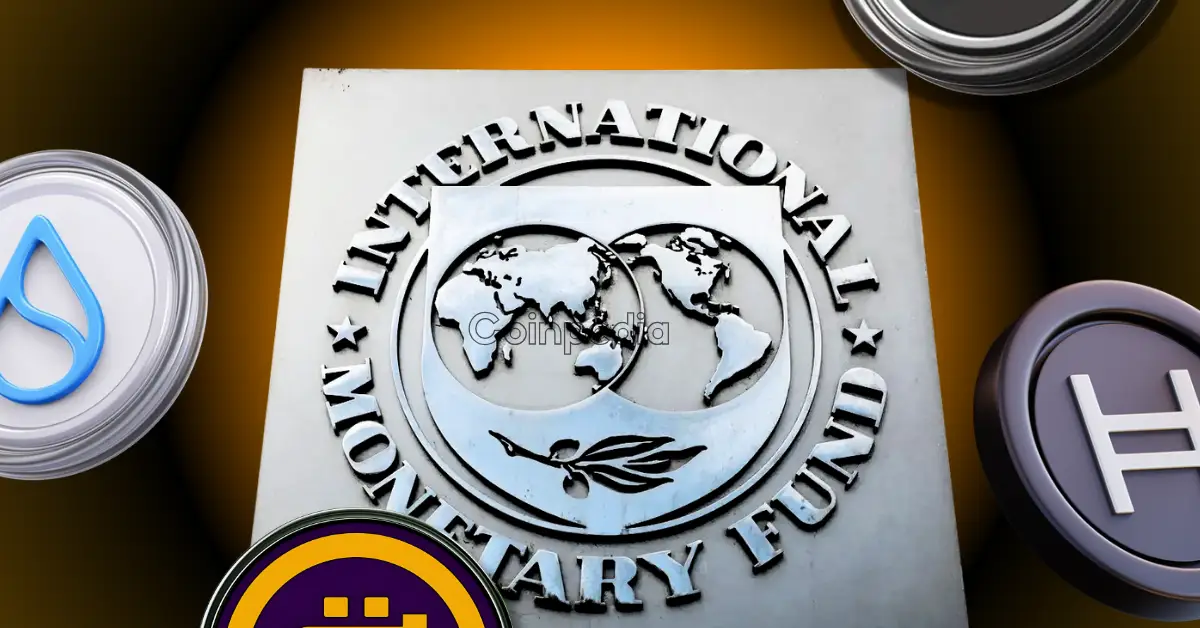
The International Monetary Fund (IMF) has officially recognized Bitcoin (BTC) and other cryptocurrencies in its global economic reports for the first time. This marks a major shift, showing how digital assets are becoming an unavoidable part of the financial system.
But the update has sparked a heated debate. Some in the crypto community claim the IMF has gone as far as calling Bitcoin “digital gold.” Is that really the case, or is it just a misunderstanding? Let’s break it down.
After the update, a heated discussion broke out in the crypto community, with many claiming that the IMF referred to Bitcoin as “digital gold.” The idea spread quickly across social media, fueling debates and speculation.
However, Dennis Porter, a well-known figure in the crypto space, questioned this claim. He asked, “Can anyone point to exactly where the IMF says Bitcoin is ‘digital gold’?”
Porter reviewed the IMF’s statement and found the source of the confusion. The IMF described Bitcoin as a “new digital asset designed to be used as a means of payment or act as a store of value.” While this acknowledges Bitcoin’s potential, it does not mean the IMF is officially classifying it as digital gold.
He pointed out that the phrase “designed to be” is important. It suggests Bitcoin has the potential to act as a store of value, but it is not a confirmation that it already holds the same status as gold. Unlike gold, which has a long history of stability, Bitcoin’s price is highly volatile, making its role as a store of value uncertain.
The IMF’s latest update to the Balance of Payments Manual (BPM7) introduces new rules for tracking digital assets in global finance. This is the first time the IMF has set clear guidelines on how cryptocurrencies should be recorded in economic reports.
According to the new classification:
While the IMF may not have called Bitcoin “digital gold,” some US officials have. President Trump’s Executive Director of Digital Assets recently used the term, highlighting Bitcoin’s role as a hedge against inflation and a store of value. With growing institutional interest, Bitcoin is becoming a key part of the global financial system.
The Trump administration is looking for ways to increase the US Bitcoin Reserve without adding to the federal deficit. One proposal, outlined in the BITCOIN Act of 2025, suggests using gold certificates to fund Bitcoin purchases. Bo Hines, a key crypto advisor to the administration, supports a gold-to-Bitcoin reserve swap, which would allow the government to expand its digital asset holdings without placing additional costs on taxpayers.
The IMF might not be crowning Bitcoin as gold just yet, but with governments and institutions taking it seriously, it just may be the future of money.
Dogecoin (DOGE) has recently captured headlines with an impressive 17% surge, reigniting excitement among traders…
The Cardano price today is trading at $0.8118 after a recent correction of over 12%…
The presale of the Ozak AI project is ongoing and gaining serious traction as the…
With XRP recently breaking past $3.60 and sparking fresh excitement, analysts are dropping some bold…
Bitcoin has reached another all-time high. While the market appears strong, analysts and users are…
This is a shocker you’re not ready for! A U.S.-based TikTok influencer has been sentenced…